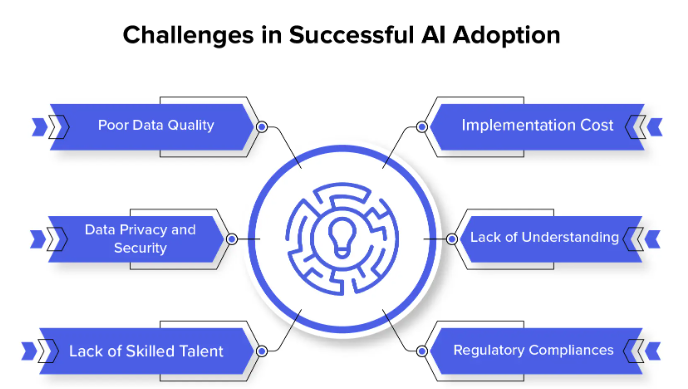In recent years, the landscape of entrepreneurship has undergone a remarkable transformation, driven largely by advancements in artificial intelligence (AI). Smart startups are emerging at the forefront of this revolution, leveraging AI technologies to innovate, streamline operations, and enhance customer experiences. As traditional business models evolve, these tech-savvy enterprises are redefining what it means to be a successful entrepreneur in the digital age.
This article explores the rise of smart startups, examining the key technologies fueling their growth, the benefits and challenges they face, and the future trends shaping this dynamic field. Through insightful case studies and expert insights, we will uncover how AI is not just a tool, but a catalyst for a new era of entrepreneurship.
 |
| smart startups |
 |
| ai technologies |
Understanding Smart Startups: The Intersection of AI and Entrepreneurship
Smart startups are the savvy entrepreneurs of today—those who don’t just launch a business, but build around cutting-edge technology, especially artificial intelligence, to innovate, scale, and stay ahead of the curve. They utilise AI to gather insights, automate processes, and create products that resonate with consumers’ ever-evolving needs.
It’s not just about being smart; it’s about being smart
with technology.
The Role of AI in Modern Business Models
In today’s fast-paced business landscape, AI is like the Swiss Army knife of entrepreneurial tools. It transforms traditional business models into more agile, data-driven powerhouses. Startups use it to optimise everything from customer interactions to supply-chain logistics. By integrating AI, businesses can predict market trends, personalise experiences, and streamline operations—making them leaner and meaner than ever before.
In short: AI isn’t just a tool.it’s a game changer.
Natural Language Processing is what happens when computers learn to understand humans—and start speaking our language, literally. This technology enables startups to engage with customers in more human-like ways via chatbots, voice assistants, and personalised recommendation engines. Imagine a chatbot that actually gets you—it’s more than service, it's connection.












